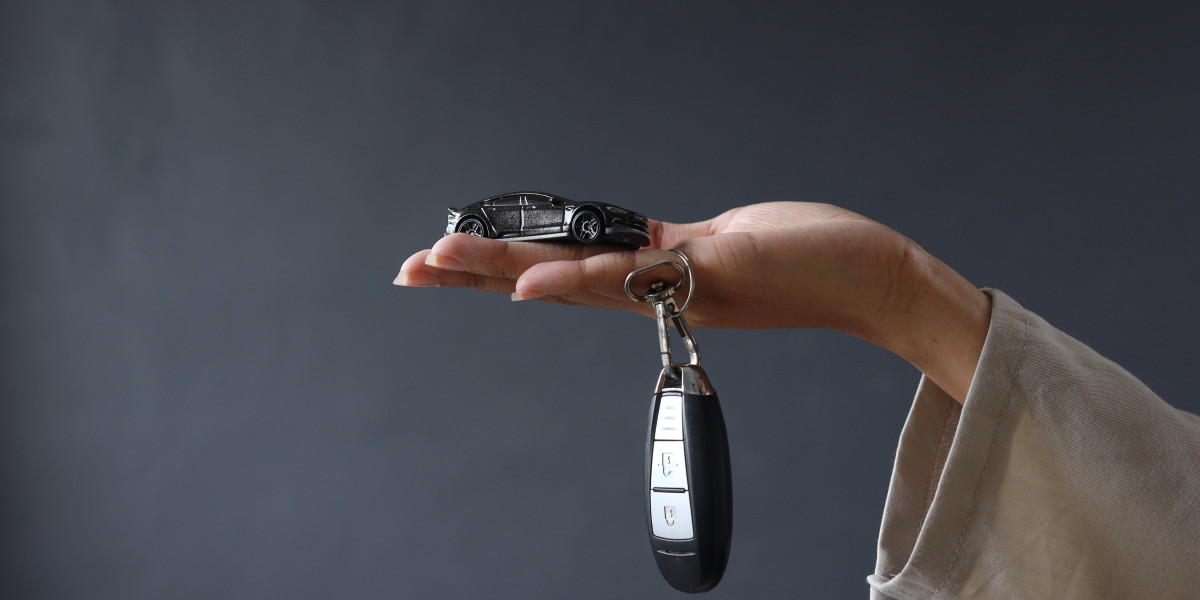Understanding Car Replacement Keys: A Comprehensive Guide
When owning a car, one of the most aggravating incidents can be losing or damaging your keys. The possibility of a car replacement key can be difficult, especially offered the improvements in automotive technology. This comprehensive guide will look into the intricacies of car replacement keys, covering types, expenses, and regularly asked concerns, to help drivers make notified choices.
Kinds Of Car Keys
To understand the process of car key replacement, it's vital to recognize the various types of car keys available today. Each type has different expenses and methods for replacement. Below is a take a look at the most common key types:
| Key Type | Description | Replacement Method |
|---|---|---|
| Traditional Key | Mechanical key without any electronic elements. | Can be quickly duplicated at a locksmith or hardware shop. |
| Transponder Key | Key with a chip that communicates with the car's ignition system. | Requires professional shows at a dealer or locksmith. |
| Smart Key | Keyless entry system typically utilized in contemporary automobiles, which can begin the car with the push of a button. | Replacement is usually done through the dealership and can be pricey. |
| Remote Key Fob | Key that includes a push-button control for lock/unlock performance. | Can be replaced through car dealerships or aftermarket alternatives, need to be programmed. |
| Keyless Entry System | Advanced system allowing entry and ignition without a physical key. | Replacement typically needs a dealer or specialized locksmith. |
The Process of Getting a Replacement Key
Changing a car key usually includes several steps, depending upon the type of key. Here's a general summary of what to anticipate:
Determine the Key Type: Identify which kind of key your car utilizes. This info can normally be found in the vehicle's manual.
Gather Required Information: Before getting in touch with a locksmith professional or car dealership, put together essential information such as:
- Vehicle Identification Number (VIN)
- Make, model, and year of the vehicle
- Proof of ownership (title or registration)
Contact a Professional: Depending on the key type, reach out to your car dealership or a locksmith professional focusing on automotive keys.
Setting the Key: Some keys, particularly transponder and clever keys, need shows to sync with your vehicle's ignition. This action is necessary for performance.
Evaluate the New Key: After receiving the replacement key, test it in all pertinent functions, consisting of beginning the car and utilizing remote control car keys replacement (check out your url) features.
Expense of Replacement Keys
The cost of replacing a car key can differ significantly based on the kind of key and where you choose to get it replaced. Below is a rough estimate of expenses associated with each key type:
| Key Type | Approximated Replacement Cost |
|---|---|
| Traditional Key | ₤ 2 - ₤ 10 |
| Transponder Key | ₤ 50 - ₤ 200 |
| Smart Key | ₤ 200 - ₤ 600 |
| Remote Key Fob | ₤ 50 - ₤ 300 |
| Keyless Entry System | ₤ 300 - ₤ 800 |
Note: These expenses might differ based on location and whether the service is carried out by a dealer or a locksmith professional.
Frequently Asked Questions about Car Replacement Keys
1. Can I replace my car key myself?
While it is possible to replace some conventional keys yourself, advanced keys with chips (transponder or wise keys) require special shows that normally can just be done by a dealer or an experienced locksmith.
2. The length of time does it require to get a replacement key?
The time it takes to obtain a replacement key can differ based upon the kind of key and where it is replaced. Conventional keys can frequently be replicated in minutes, while transponder and clever keys may take longer, possibly a number of hours, particularly if they require to be ordered from the dealer.
3. Will my car's alarm system be impacted after changing my key?
Most of the times, replacing a key, particularly one with a chip, will not impact your vehicle's alarm system. Nevertheless, if you change to a key that is not correctly configured for your car, it might not work correctly with the alarm.
4. Is it safe to buy aftermarket keys?
Aftermarket keys can be a cost-effective choice but included threats. They might not constantly be suitable with your vehicle, causing functionality issues. Always inspect evaluations and speak with a professional if uncertain.
5. What should I do if my key gets lost?
If your key is lost, it is essential to act rapidly. Depending on your key type, get in touch with a locksmith or your dealer to go over replacement choices. It is also a good idea to reprogram your car's system to prevent unapproved gain access to.
Preventing Future Key Loss
Preserving a spare key and implementing preventive measures can help prevent the disappointment of losing or harming a car key. Here are some ideas for securing your keys:
- Keep a Spare: Always have a backup key stored in a safe area. Consider using a magnetic key holder outside your vehicle.
- Attach a Key Finder: Use a Bluetooth tracker on your keychain that informs your phone if you misplace it.
- Designate a Spot: Create a consistent spot in your home for saving your keys when they're not in use.
Comprehending the types of car keys, the replacement process, and associated expenses can conserve chauffeurs from tension and monetary pressure in case of a lost or harmed key. With a little proactive preparation and knowledge, car owners can ensure they are prepared for any situation. Always speak with an expert when in doubt, and think about preventive measures to lessen future headaches.


